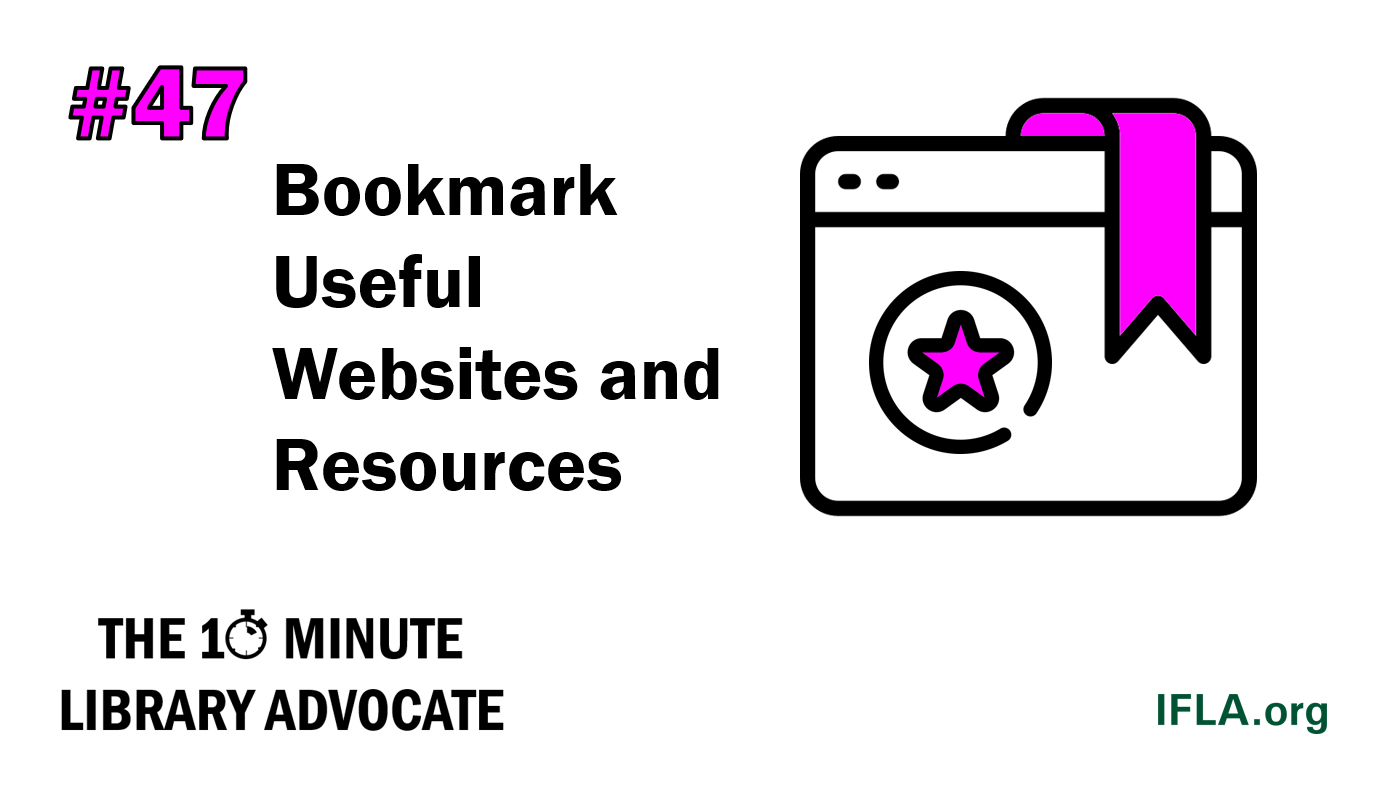The International Day of Persons with Disabilities has been celebrated on 3 December for the past 27 years. It is a day for reflection, learning and planning action for the future. In 2019, it will focus in particular on ‘Promoting the participation of persons with disabilities and their leadership: taking action on the 2030 Development Agenda’.
Key to celebrations for the past 13 years has been the Convention on the Rights of Persons with Disabilities, bringing key principles of autonomy, equality of opportunity and participation into international law.
With 181 countries having committed to its principles by ratifying or acceding to it, the Convention is a key reference point for anyone involved in promoting the rights of people with disabilities. This goes for libraries too.
This blog looks at a number of key Articles in the Convention. Libraries and library associations may find it useful to be able to refer to these in making the case for the laws and resources they need to provide full services to people with disabilities.
Equality of Opportunity
A first key principle in the Convention is that of equality of opportunity (Article 3(5)). This makes it clear that people with disabilities should be able to use public facilities on the same terms as everyone else (Article 9(1)(a)), but critically, also information and communications services (Article 9(1)(b)). Accessible web content is a crucial part of this, including efforts to develop and deploy technologies – or better still, promote born-accessible content.
A key step, the Convention argues – is identifying and removing obstacles to access. It notes the need for service providers to be responsive to needs, implying a readiness to take additional steps if necessary to give people access, including of course to information.
IFLA’s Section on Libraries Services to Persons with Special Needs, as well as the Section on Libraries Serving Persons with Print Disabilities carry out valuable work to help the wider library field see where there are challenges and take (responsive) action. Standards and guidelines – as required by Article 9(2)(a) – are just one part of the support offered.
Autonomy
A second principle is the need to ensure individual autonomy, including the freedom to take decisions (Article 3(1)). Information plays a crucial part in this, as it does for the autonomy of any individual – without it, opportunities risk being missed, and choices are based on guesswork.
In particular, Article 21, which mirrors Article 19 of the Universal Declaration of Human Rights, stresses that people with disabilities have the right to ‘seek, impart and receive information’, alongside freedom of expression. Crucially, Article 21(a) focuses on accessible format materials, underlining that these should be available at no additional costs.
Libraries are working around the world to provide accessible content, and have been at the forefront of advocacy around the Marrakesh Treaty, which seeks to remove unnecessary copyright barriers to making and sharing accessible format copies (a point also included in Article 30(3)).
On a specific level, the need for information about specific tools and services for people with disabilities (Article 4(1)(h)), as well as broader public awareness campaigns (Article 8(2)) are areas where libraries can help. There is also a right to equal access to vocational training and lifelong learning (Article 25(5)), where libraries can play a key role in connecting people to opportunities to learn.
Participation
Thirdly, there is the goal of full and effective participation and inclusion in society (Article 3(3)), including the right to participate in cultural life (Article 30(1)). This covers not just the possibility to enjoy the same cultural offer as others, but also to be creative and to share. Similarly, the provisions on education underline that the goal for young people with disabilities should be to help them grow into full members of the community (Article 25(3))
A key point – arguably – of the Convention in general is that those with and without disabilities should not be kept apart, but rather be and feel part of the same group. It is an argument for ensuring that people with disabilities have access to the same public, rather than having to rely on separate ones, with libraries are specifically mentioned in this context in Article 30(1)(c)).
Initiatives such as the Human Library programme, featured in our SDG Story about the Nazarbayev University in Kazakhstan, show the potential of libraries to provide shared spaces that include people with disabilities, and create a sense of community.
The Convention on the Rights of Persons with Disabilities sets out a number of key principles which can be useful for libraries and library associations when advocating for support for services to people with disabilities. It also contains a number of key reminders for libraries themselves about how they can do the best possible for all users.
We look forward to working, through all relevant IFLA sections, to ensure that the mission of libraries to provide access to information for all can be realised.
